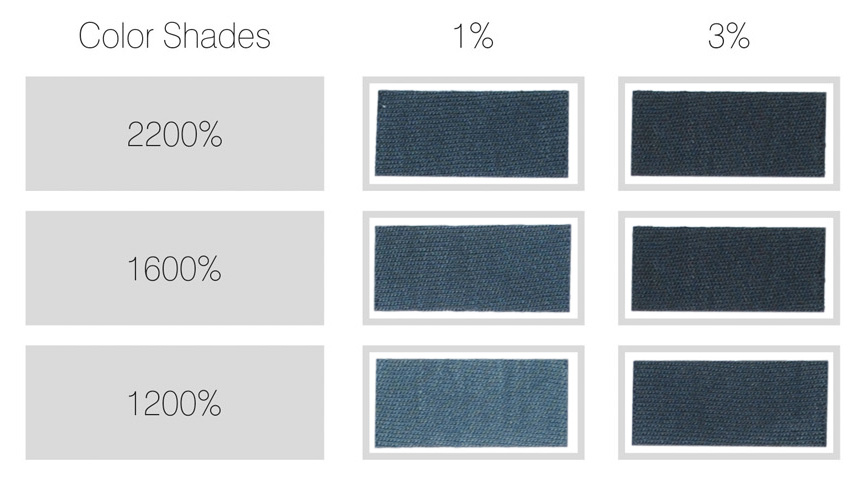DIRECT BLACK 22
What is the best Direct Black 22?
One that produces the deepest shade at the lowest cost ?
This is precisely the Direct Black VSF that meets two conditions: The deepest black shade and the lowest market price. The modern version of Direct Black VSF preserves excellent fastness properties and easy application in exhaust dyeing resulting in evenly dyed fabric.
Direct Black 22 is suitable for dyeing cellulosic fibers like Cotton, Wool, Viscose, Rayon & Paper. Our Direct Black 22 has excellent solubility and gives excellent yield on Jersey/Cotton black dyeing.

Ankit Industries is one of the largest producer and exporter of Direct Black 22 since 1995 based at Ahmedabad, India. We have modern manufacturing facility equipped with latest machinery to produce 1200 MT/P.A. excellent quality Direct Black 22. We offer Direct Black 22 in various versions like 2200%, 1600%, 1200%, 800%
Molecular Structure, Chemical and Physical Properties
| Number C.AS | 6473-13-8 | EINECS | 229-326-3 |
| Color Index | Direct Black 22 | Number of Color Index | 35435 |
| Molecular Formula | C44 H32 N13 Na3 O11 S3 | Molecular weight | 1083.97g/ mol |
Dyeing Properties
| Classification S.DC | B |
| Sorting by stripping temperature | H |
| Strike (50 ° C, 10 min.) | 35% |
| Solubility (80 ° C/176 ° F) | 30 to 35 gpl |
| Appearance Physics | Dust black |
| Migratory Properties | 1 to 2 |
| Effect of metal ions | Fe²+ 4 to 5 Cu ²+ 4 to 5 |
Strength Properties
| Posted before | ||
| Washing | Color Change | 4 to 5 |
| Stained in cotton | 2 | |
| Rub | Dry | 3 to 4 |
| Wet | 2 | |
| Light | 5 to 6 | |
| Sweat | 4 to 5 | |
| After Set | |
| Color Change | 4-5 (R) |
| Stained in cotton | 4 |
| Dry | 3 to 4 |
| Wet | 2 to 3 |
| 5 | |
| 4 to 5 | |

Isothermal curves depletion Direct Black VSF 1200%
These curves show that the depletion is greater the higher the temperature

Equilibrium curve of Exhaustion
The temperature range is recommended between 90 °C and 110 °C , ideally 100 °C. Exhaust temperature will be of course subject to the conditions and possibilities of the equipment used. In open systems temperature of 95 °C to 100 °C is usual.

